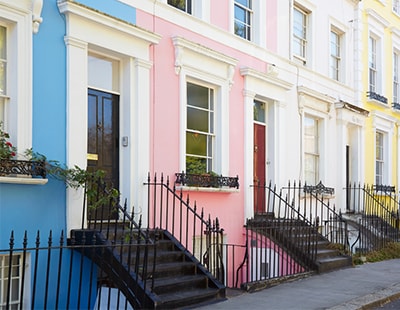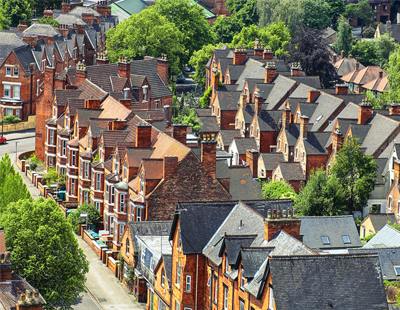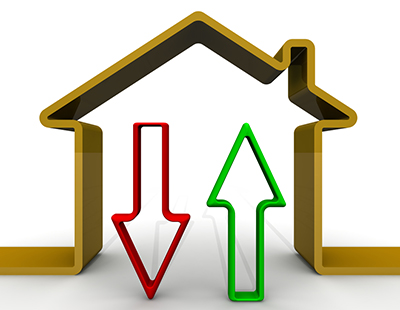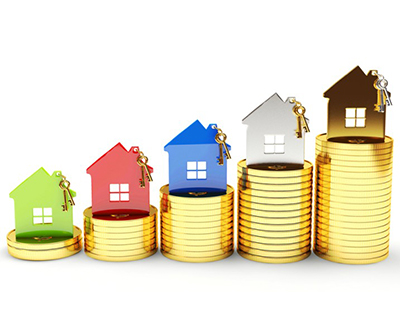A leading market analyst says the widespread belief that we are ‘safe’ in our homes may indirectly lead to the recent surge in house prices, which appears to show no sign of abating.
Anthony Codling - the analyst who shot to fame for his searing critique of the sales performance of Purplebricks - has in recent weeks gone on the record querying why the housing market appears to be bucking the pessimistic mood of the country over the economy and Coronavirus.
“It is not clear why house prices should rise as the economy weakens and lockdown II looms large” he says in a statement released over the weekend.
He then goes on to give a possible answer to his query: “Perhaps being told we are safer at home gives us false confidence in the value of our homes?” he asks.
Codling, who is now chief executive of PropTech firm TwinDig, goes on to warn: “One thing is clear - as furlough ends, redundancies increase and second waves rise there will be is less to be cheerful about than the house price headlines suggest.”
His warning comes in the wake of the latest index showing a soaring market.
Nationwide says house prices have risen at their fastest pace in almost six years, with the average price of a UK home at another record high of £227,826 in October.
The annual prise rise has been 5.8 per cent, the highest rate of growth since January 2015.
However, even this bullish snapshot carries a warning over future unemployment and possible lockdowns from Nationwide's chief economist, Robert Gardner, who admits: “The outlook remains highly uncertain and will depend heavily on how the pandemic and the measures to contain it evolve, as well as the efficacy of policy measures implemented to limit the damage to the wider economy.
“Behavioural shifts as a result of Covid-19 may provide support for housing market activity, while the stamp duty holiday will continue to provide a near-term boost by bringing purchases forward.”
Meanwhile leading agent Jeremy Leaf - the former RCS residential faculty chairman who also runs his own north London agency - says he has noticed a slowdown of sorts.
“We’re seeing fewer viewings, offers and longer transition times as lenders and conveyancers struggle with the backlog. However, we haven’t yet experienced widespread price re-negotiation or withdrawals from previously-agreed deals.
“That feverish buying and selling of late summer has been replaced by activity at a pace we might have otherwise expected at this time of year.”
And Mark Harris, chief executive of mortgage broker SPF Private Clients, says: “The stamp duty holiday has clearly stimulated the market, combined with the impact of Covid and the desire for people to move somewhere with more outside space.
“The end of the stamp duty deadline is a concern, and needs looking at by the government, although it is focusing buyers’ minds on getting deals done in the short term.
“The problem borrowers face is lenders’ service levels, with some struggling with the rise in demand. Price and criteria are key when choosing a mortgage, but borrowers must also consider how long a lender is going to take.”


















%20A%20property%20tale%20for%20our%20times.png)








Join the conversation
Be the first to comment (please use the comment box below)
Please login to comment